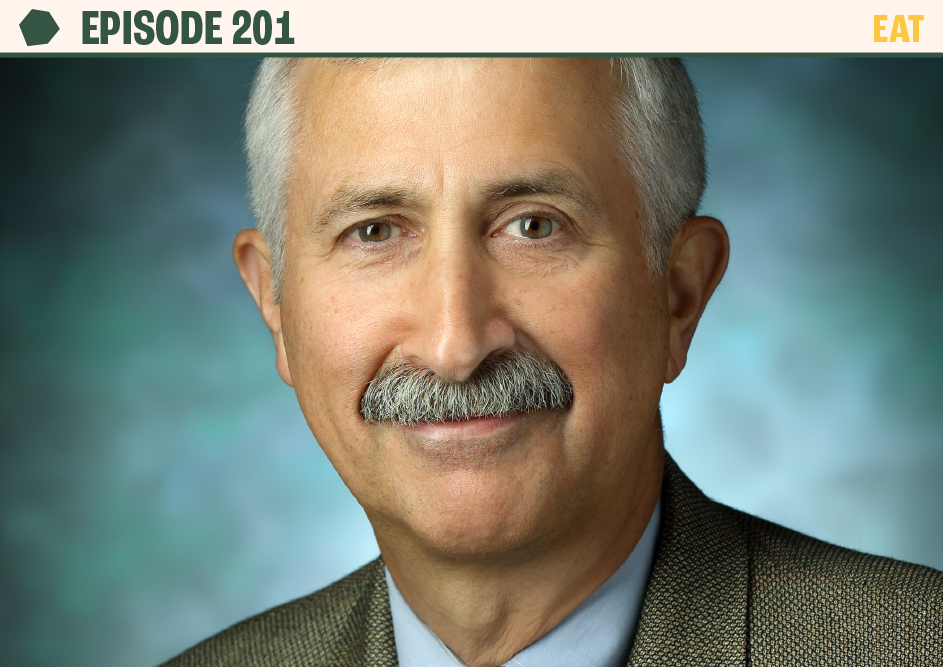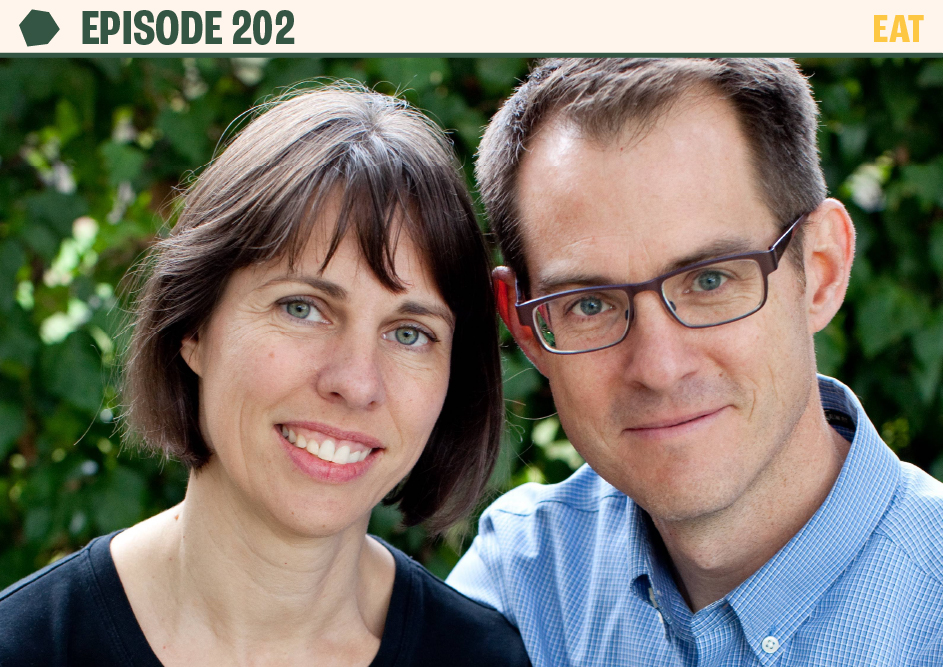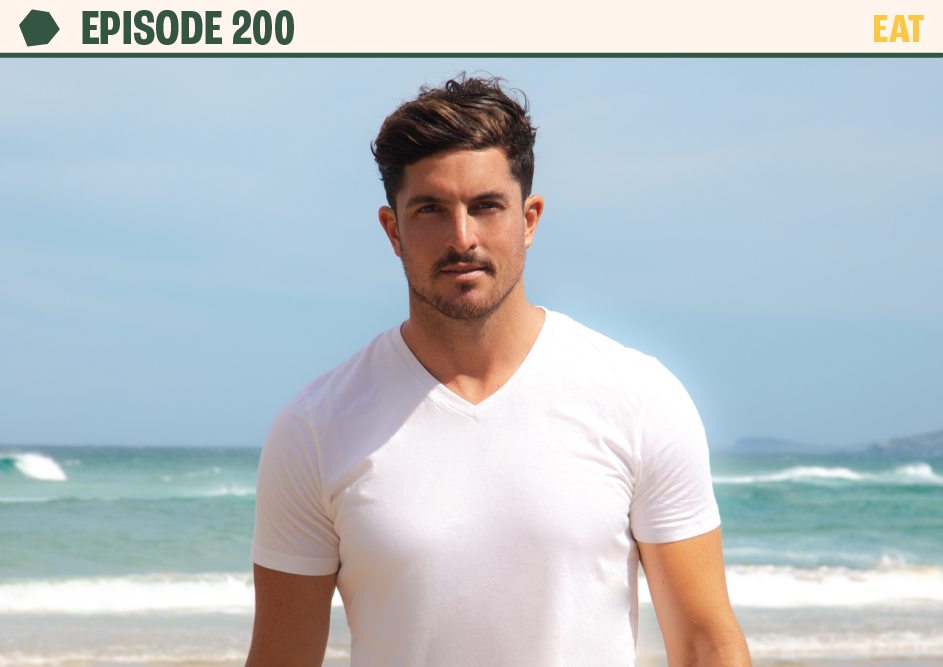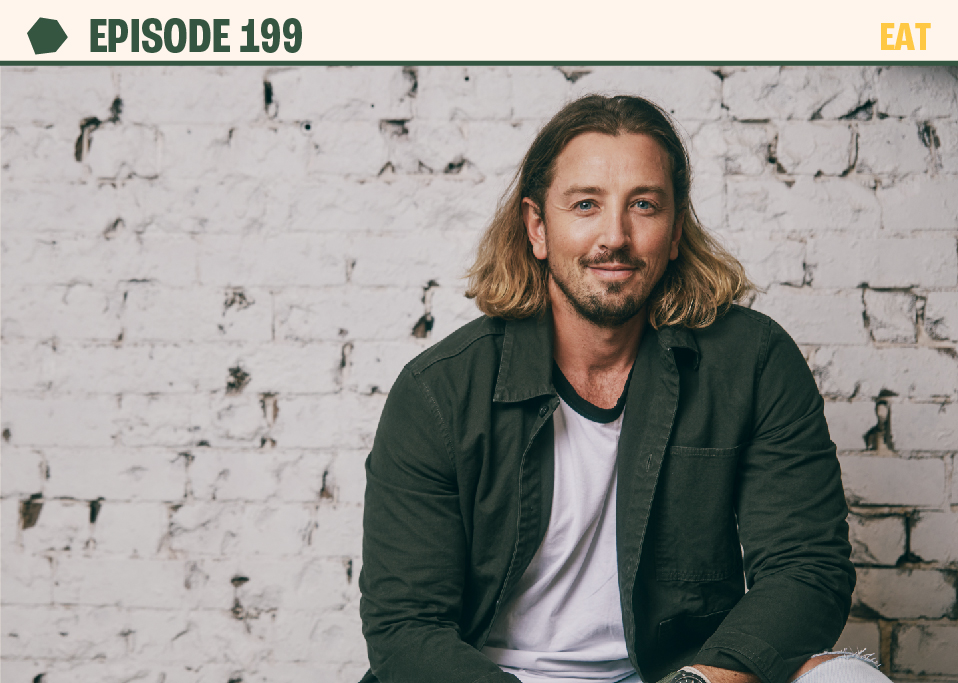In Episode #201, I welcome Dr Jed Fahey to The Proof to discuss phytochemicals and their impacts on human health.
“It’s extending or it’s pushing up that quality of life that I think is what phytochemicals are all about.”
Chances are, you’ve heard me talk about sulforaphane on the show before. Today we discuss this phytonutrient and much more, looking into this incredibly interesting topic that Dr Fahey has spent considerable time researching.
Dr Fahey is a nutritional biochemist with an impressive resume. He offers a wealth of information from his extensive background in plant and human nutrition and phytochemistry. Having spent decades researching and teaching, he has now “retired” to focus on more spreading knowledge and education.
“Picking the right dose range is clearly important for all of these phytochemicals… if you eat real foods, fruits and vegetables, or meat, seafood and so on, you’re self-regulating what you’re getting.”
In this episode, we really dig into phytochemicals (also called phytonutrients). As well as hearing about Dr Fahey’s background, you’ll learn more about what phytochemicals are, what we know and don’t know about them, and to what extent they form an important part of human nutrition. We also cover the potential for negative effects, their impact on specific communities including people with autism and Parkinson’s disease, and practical applications you can implement.
Specifically, we discuss:
- Intro [0:00]
- Jed Fahey’s Story [1:30]
- Discovering Phytochemicals [8:57]
- Organic vs Conventional [13:30]
- Classifying Phytochemicals [17:01]
- Why we need them [24:04]
- Unpacking Plant “Toxins” [42:53]
- Sulforaphane & How it Works [50:35]
- Impact of Gut Microbiome [1:10:54]
- Freshness vs Supplementation [1:14:54]
- Resveratrol: Good or Bad? [1:30:04]
- Conclusion [1:41:10]
I always love having guests with extensive specialist knowledge on the show. Dr Fahey offers valuable insights into a complex and interesting topic in this week’s episode, and continues to do so on his own platforms.
If you want to hear more from Dr Jed Fahey, you can access his website and connect with him on Twitter. He has lots of exciting things in the works.
The best way to support the show is to use the products and services offered by our sponsors. To check them out, and enjoy great savings, visit theproof.com/friends.
I hope you enjoy this deep dive into phytochemicals. It’s certainly an interesting topic to explore.
Enjoy, friends.
Simon
More about Dr Jed Fahey
Dr. Fahey is a nutritional biochemist with extensive background in plant and human nutrition and phytochemistry. Dr. Fahey was an Assistant Professor at Johns Hopkins Medical School, where he directed the Cullman Chemoprotection Center, a leading center for the study and development of plant-based protective agents. He had faculty appointments in three departments at Johns Hopkins Schools of Medicine and Public Health where he conducted laboratory and clinical trials, taught graduate courses, and mentored students since 1993. He spent the first 15 years of his career in agricultural biotechnology research and industrial process development. Dr. Fahey “retired” in mid-2020 to focus his attention entirely on outreach and educational efforts which include podcasts, writing, and lecturing widely. He maintains adjunct appointments at JHU and elsewhere and may be available to consult for socially responsible food and supplement companies and foundations.
Additional resources
- You can find a catalogue of Dr Fahey’s research papers here
- Dr Fahey mentioned the following supplements, stemming from Brassica Protection Products, which he co-founded: Thorne (Crucera-SGS), Xymogen, and NutraMax (Avmacol)







